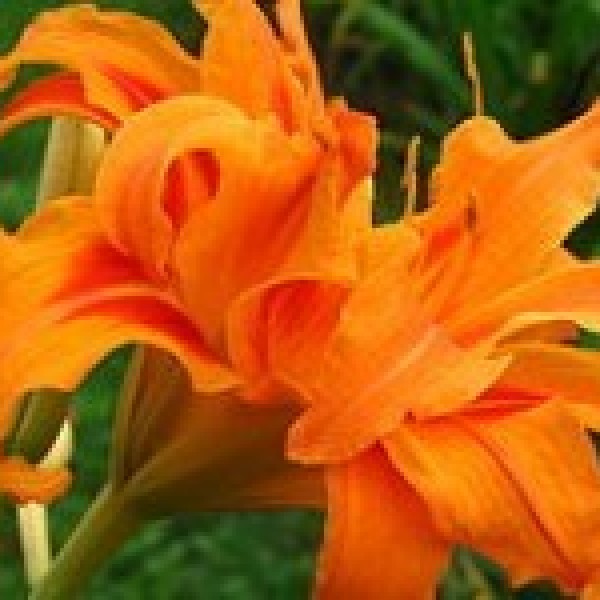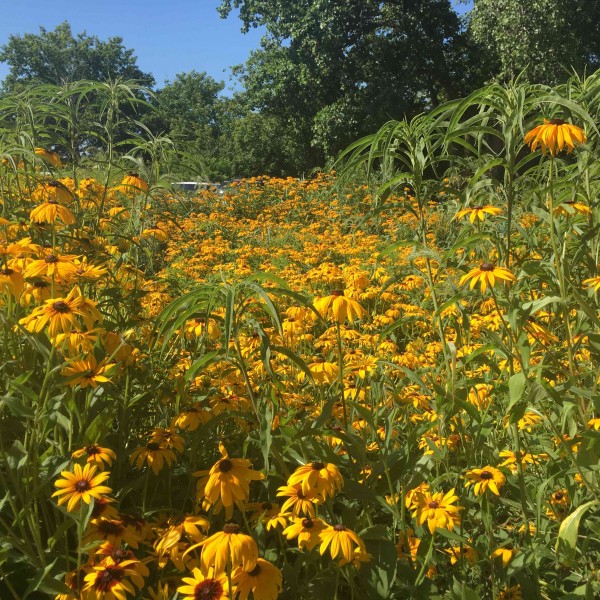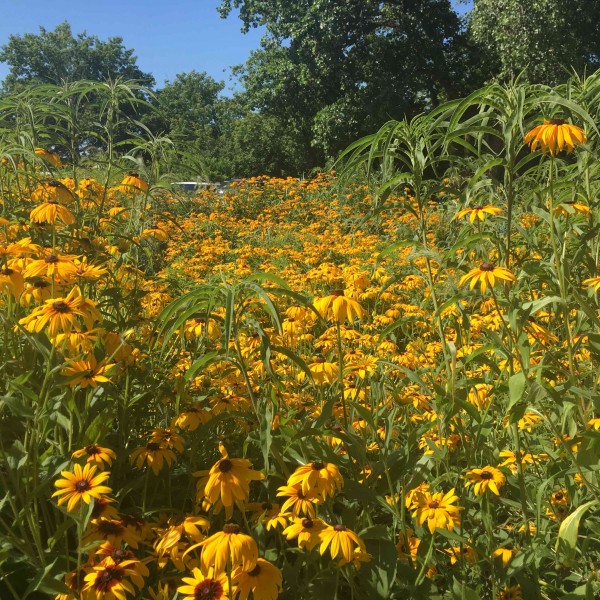
The role of plant-microbe interactions in mediating invasions by daylilies 2016
CBG
Ecology, Soil & Fungal Biology
Daylilies are a widely planted ornamental that frequently escapes garden confines to establish large and lovely populations in natural systems. Once established, daylilies rapidly multiply and spread to form dense patches that readily displace native plants. Many empirical studies show that plant–soil interactions (e.g. allelopathy and plant–microbe feedbacks) might explain the success of non-native plants in displacing native species. The role of these mechanisms in daylily invasions is unexplored. The goal of this project is to identify the primary mechanism, allelopathy versus microbial changes, by which daylilies impact native plant abundance and growth.
The intern will:
- Collect soil samples from daylily invaded and non-invaded sites for nutrient analysis;
- Collect root samples from daylily and adjacent plants and evaluate root samples for mycorrhizal colonization;
- Experimentally test the effect of soil conditioning by daylilies on the germination and early growth of native plants.


